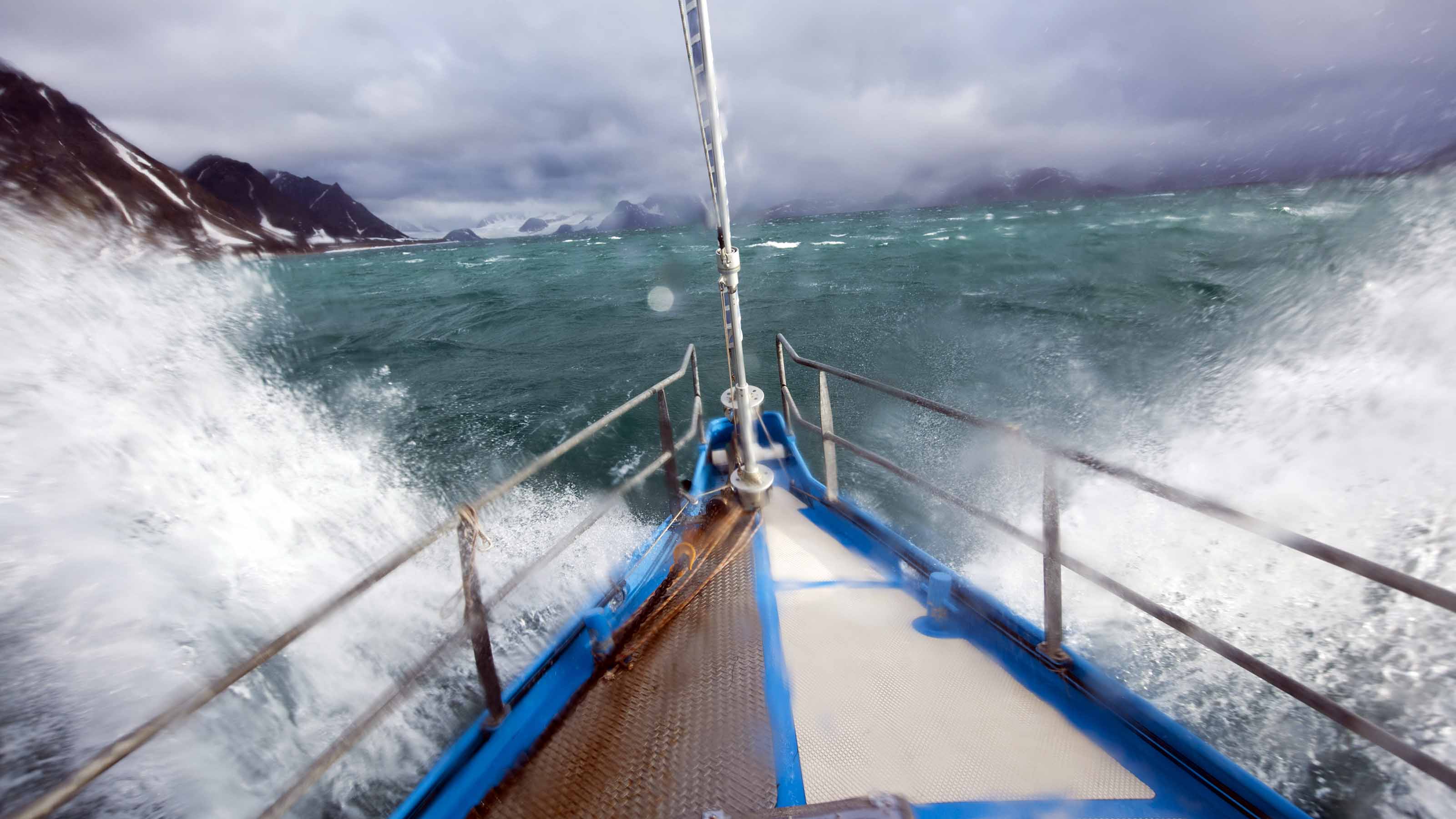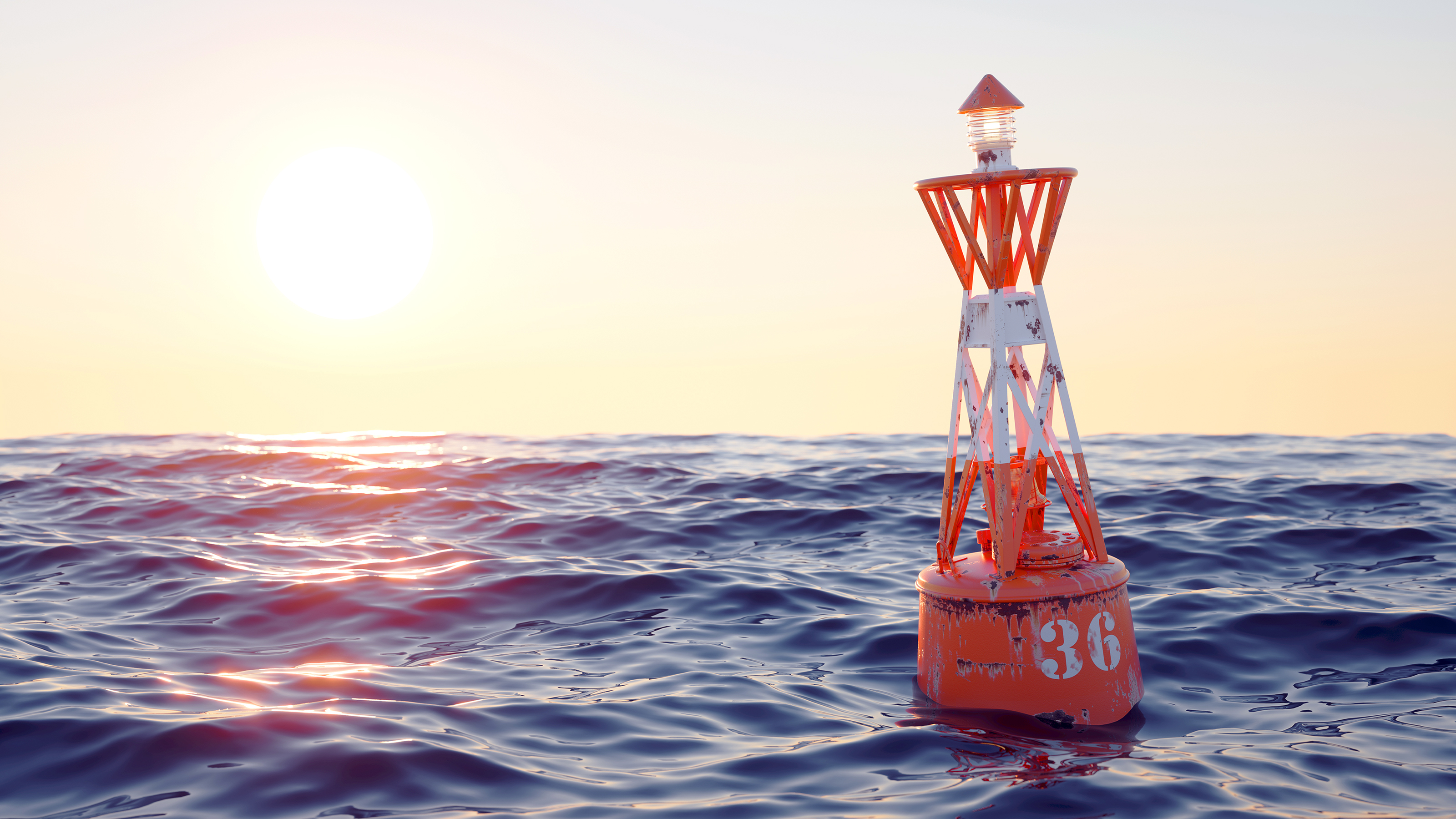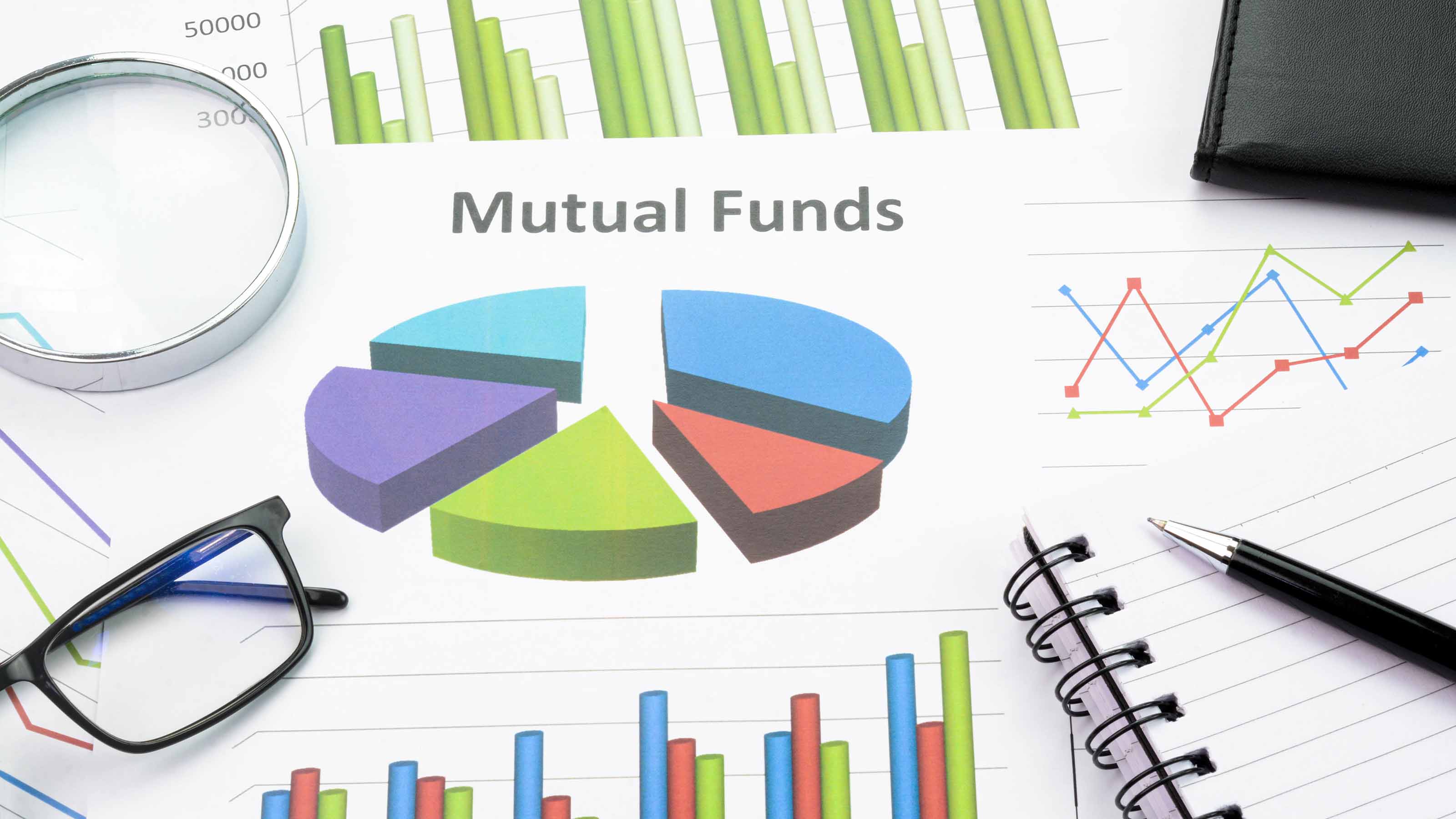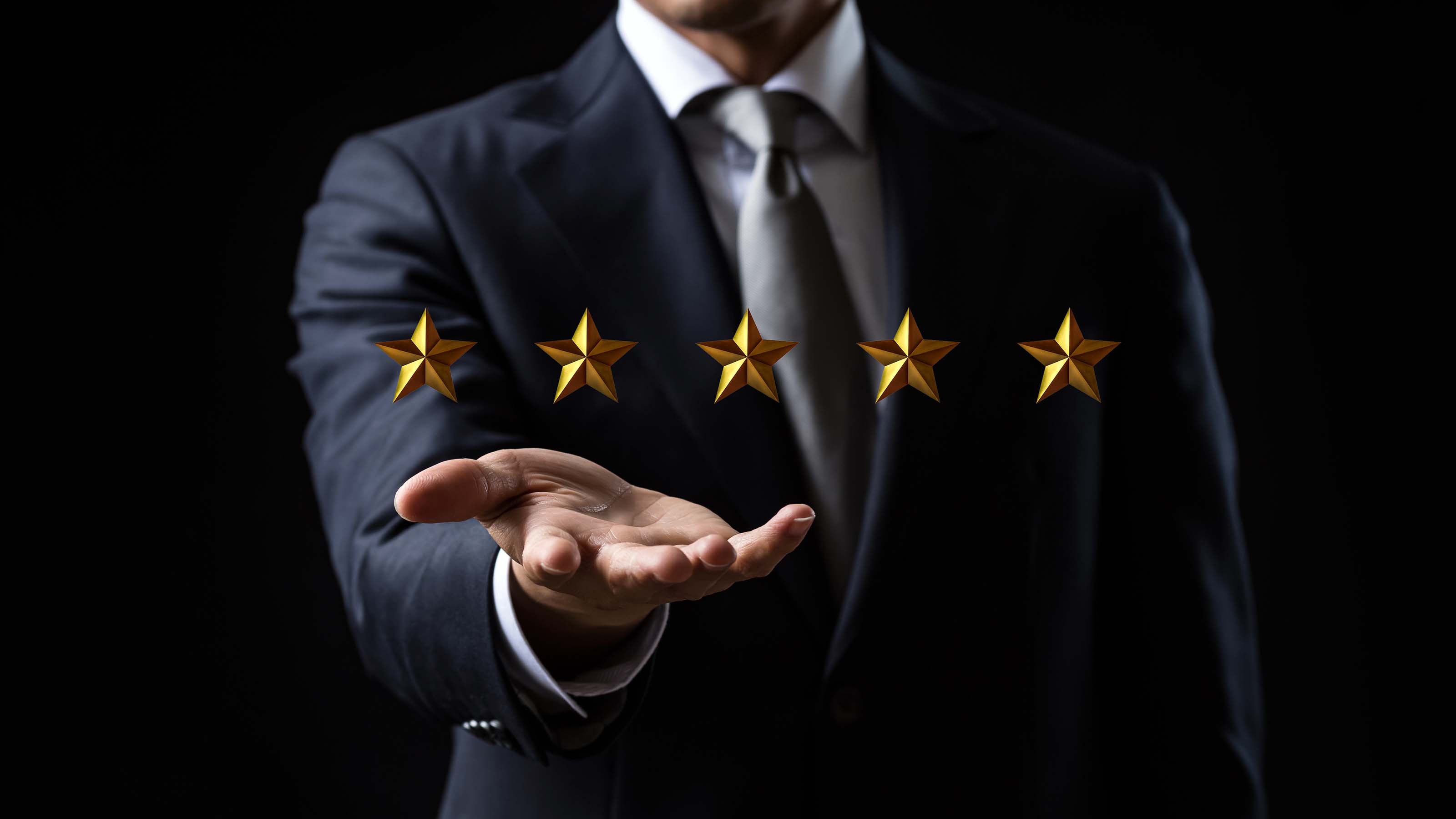Own the World's Best Companies
Harbor International, a member of the Kiplinger 25, takes a long-term approach to investing in industry leaders abroad.

Profit and prosper with the best of Kiplinger's advice on investing, taxes, retirement, personal finance and much more. Delivered daily. Enter your email in the box and click Sign Me Up.
You are now subscribed
Your newsletter sign-up was successful
Want to add more newsletters?

Delivered daily
Kiplinger Today
Profit and prosper with the best of Kiplinger's advice on investing, taxes, retirement, personal finance and much more delivered daily. Smart money moves start here.

Sent five days a week
Kiplinger A Step Ahead
Get practical help to make better financial decisions in your everyday life, from spending to savings on top deals.

Delivered daily
Kiplinger Closing Bell
Get today's biggest financial and investing headlines delivered to your inbox every day the U.S. stock market is open.

Sent twice a week
Kiplinger Adviser Intel
Financial pros across the country share best practices and fresh tactics to preserve and grow your wealth.

Delivered weekly
Kiplinger Tax Tips
Trim your federal and state tax bills with practical tax-planning and tax-cutting strategies.

Sent twice a week
Kiplinger Retirement Tips
Your twice-a-week guide to planning and enjoying a financially secure and richly rewarding retirement

Sent bimonthly.
Kiplinger Adviser Angle
Insights for advisers, wealth managers and other financial professionals.

Sent twice a week
Kiplinger Investing Weekly
Your twice-a-week roundup of promising stocks, funds, companies and industries you should consider, ones you should avoid, and why.

Sent weekly for six weeks
Kiplinger Invest for Retirement
Your step-by-step six-part series on how to invest for retirement, from devising a successful strategy to exactly which investments to choose.
If you're looking for a top-notch foreign stock fund, take a close look at Harbor International (symbol HIINX).
Its long-term performance has been superb. Over the past ten years through March 4, the fund returned an annualized 12.7%. That’s an average of 3.3 percentage points per year better than the MSCI EAFE index of stocks in developed foreign countries. Over that period, the fund ranks in the top 5% of foreign funds that invest in stocks with a mix of value and growth attributes. What’s more, Harbor International has beaten its benchmark index in every year over the past decade except in 2004.
There's a big caveat, however. Longtime manager Hakan Castegren, who launched Harbor International in 1987, died in October 2010. The obvious question: How much of the fund's success was due to Castegren?
From just $107.88 $24.99 for Kiplinger Personal Finance
Become a smarter, better informed investor. Subscribe from just $107.88 $24.99, plus get up to 4 Special Issues

Sign up for Kiplinger’s Free Newsletters
Profit and prosper with the best of expert advice on investing, taxes, retirement, personal finance and more - straight to your e-mail.
Profit and prosper with the best of expert advice - straight to your e-mail.
The answer: It's hard to say. The four remaining co-managers are hardly rookies. Edward Wendell was hired in the late 1980s. James LaTorre started in 1992 as the fund’s research director. The other two started in 2002. "Not only did we share in the secret sauce. We helped define the secret sauce," LaTorre says.
At any rate, the fund hasn’t missed a beat since Castegren’s death. It landed in the top 20% of its category in each of the past two calendar years.
The fund is unusual in its management structure. The four co-managers are all generalists, and they must reach consensus before the fund buys or sells a stock. "We all take full responsibility for every stock," LaTorre says.
What’s more, all the captains co-own the management firm, Northern Cross, and that business does just one thing: It invests in shares of large foreign companies. The firm, which manages the fund for Harbor, also employs two analysts.
On average, Harbor International owns a stock for ten years—much, much longer than most funds. The mangers try to identify industry leaders that will continue to grow over the coming ten years. They are willing to pay modestly premium prices to get premium companies. They spend a lot of time analyzing industries and companies, but not so much trying to predict "where the global economy is going to be," LaTorre says. "We spend all day trying to understand how industries and companies will change over the next ten years."
Take Diageo (DEO), the world’s largest seller of whiskey and one of the fund’s largest holdings. LaTorre particularly likes the outlook for whiskey sales in India, which currently imposes a high import tax that discourages consumption. The tax will come down over time, and Scotch sales will boom in India, LaTorre predicts. (Like all but one of the companies mentioned in this article, London-based Diageo trades in the U.S. in the form of an American depositary receipt, or ADR.)
Harbor has about 10% of its assets in emerging markets, but it generally buys only global leaders. For instance, holding Taiwan Semiconductor Manufacturing (TSM) conducts 70% of the world’s outsourced semiconductor manufacturing.
The managers are bullish on emerging markets, especially China. "The industrialization of China is one of the biggest things happening in our lifetimes," LaTorre says. "It's not complete."
But he and his cohorts prefer to get access to emerging markets mostly through multinational companies based in the developed world. Over the past few years, the fund has trimmed the percentage of its assets directly in emerging-markets stocks. "We let our multinational companies do most of the emerging-markets work for us," LaTorre says.
For example, Switzerland’s Nestlé (NSRGY), which the fund has held for many years, does a huge and growing business in emerging markets in such products as infant formula, coffee and bottled water.
The fund is also bullish on copper through holdings such as BHP Billiton (BHP), an Australian company, and Freeport-McMoRan Copper & Gold Class B (FCX), the fund’s only U.S. stock. Copper is used in many industrial products, especially electronics, and LaTorre predicts that demand will continue to outstrip supply, largely because of China's growth.
This is a good fund, but it's not particularly low risk. It has been about 5% more volatile than its benchmark index.
Harbor International, a member of the Kiplinger 25, has $41 billion in assets. That’s a fair chunk, but it shouldn't be big enough to give the managers too many problems, given their focus on large-company stocks. The annual expense ratio for the Investor share class, which requires $2,500 to start, is 1.14%. If you can afford the $50,000 minimum, buy the institutional share class; its expense ratio is 0.77%.
Steven T. Goldberg is an investment adviser in the Washington, D.C. area.
Profit and prosper with the best of Kiplinger's advice on investing, taxes, retirement, personal finance and much more. Delivered daily. Enter your email in the box and click Sign Me Up.

-
 How Much It Costs to Host a Super Bowl Party in 2026
How Much It Costs to Host a Super Bowl Party in 2026Hosting a Super Bowl party in 2026 could cost you. Here's a breakdown of food, drink and entertainment costs — plus ways to save.
-
 3 Reasons to Use a 5-Year CD As You Approach Retirement
3 Reasons to Use a 5-Year CD As You Approach RetirementA five-year CD can help you reach other milestones as you approach retirement.
-
 Your Adult Kids Are Doing Fine. Is It Time To Spend Some of Their Inheritance?
Your Adult Kids Are Doing Fine. Is It Time To Spend Some of Their Inheritance?If your kids are successful, do they need an inheritance? Ask yourself these four questions before passing down another dollar.
-
 The Kiplinger 25: Our Favorite No-Load Mutual Funds
The Kiplinger 25: Our Favorite No-Load Mutual FundsThe Kiplinger 25 The Kiplinger 25 is a list of our top no-load mutual funds that have proven capable of weathering any storm.
-
 Do You Have Gun Stocks in Your Funds?
Do You Have Gun Stocks in Your Funds?ESG Investors looking to make changes amid gun violence can easily divest from gun stocks ... though it's trickier if they own them through funds.
-
 Janus Henderson Global Equity Income Fund (HFQTX) Hangs Tough
Janus Henderson Global Equity Income Fund (HFQTX) Hangs ToughKip 25 A focus on dividend payers and defensive stocks has kept the Janus Henderson Global Equity Income Fund afloat in a rough market.
-
 T. Rowe Price Small-Cap Value (PRSVX) Stands Out
T. Rowe Price Small-Cap Value (PRSVX) Stands OutKip 25 In this turbulent market, value-priced, higher-quality small caps are holding up better than their fast-growing counterparts.
-
 Kiplinger 25 Model Portfolios
Kiplinger 25 Model PortfoliosThe Kiplinger 25 Reach your investment goals with these plans using the Kiplinger 25, our favorite no-load mutual funds.
-
 ESG Gives Russia the Cold Shoulder, Too
ESG Gives Russia the Cold Shoulder, TooESG MSCI jumped on the Russia dogpile this week, reducing the country's ESG government rating to the lowest possible level.
-
 New Leadership at One of Our Funds
New Leadership at One of Our FundsKip 25 Vanguard recently announced that longtime manager Michael Reckmeyer will retire in June.
-
 The Best T. Rowe Price Funds for 401(k) Retirement Savers
The Best T. Rowe Price Funds for 401(k) Retirement SaversKiplinger's Investing Outlook A dozen T. Rowe Price mutual funds enjoy a place among the nation's most popular 401(k) retirement products. Find out which ones are worth your investment dollars.